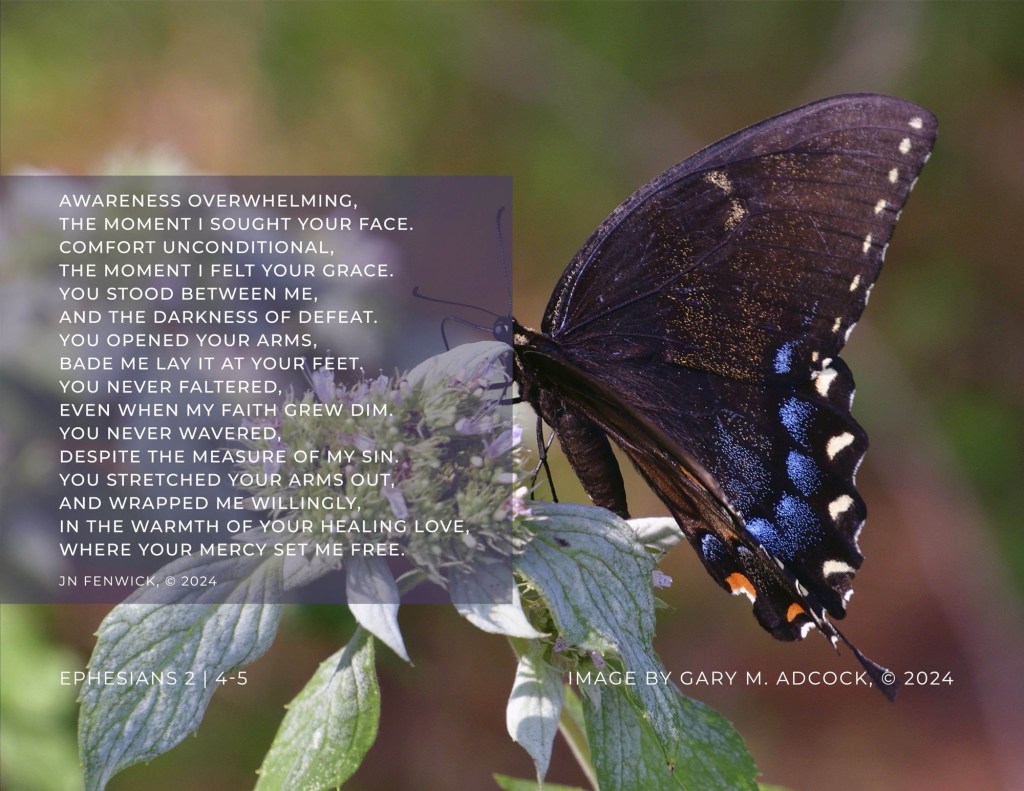Five reasons why daily journaling is actually good for you. Along with some fun facts on the history of journaling. You don’t have to be a master to master the art of journaling.

The art of journaling dates back centuries. In fact, the earliest known example dates back to the Roman Empire!
Keeping a record of our daily lives, our thoughts, feelings, and the world around us is both cathartic and liberating. A well-kept journal provides insight into the mind of the writer. Think how much more we know today after reading the journals and papers of some of the most famous men and women in history. More than their legacy, their journals give us a glimpse into their souls, and more importantly, into their humanity.
Over the years, journals have captured the lives of some of the most famous figures in history. These firsthand accounts lend a personal flavor to historical events, connecting future generations with the sights, sounds, and even the emotions of the individuals experiencing them.
James Madison, the Father of the United States Constitution, kept diaries and personal papers chronicling the events that transpired in Philadelphia during the summer of 1787. The Constitutional Convention, its debates, backroom conversations, arguments, and even the social gatherings of the delegates, are captured within these pages.

James D. Best’s, historic novel, Tempest at Dawn, is based on Madison’s account of the Convention. Although told in the third person, it captures the flavor of the debates and the time period very well. Reading Tempest at Dawn is akin to stepping back in time to witness firsthand the historic events that resulted in our Constitution.
Madison isn’t the only figure to document history through journaling. Albert Einstein kept a travel diary of his journeys to Japan, Israel, and the United States between 1921 and 1933. His journals provide insight into the musings, humor, as well as the inner workings of the mind of a genius.

Charles Darwin made it part of his daily habit to keep journals capturing his thoughts, ideas, and observations, as did scientist, Marie Curie, and inventor, Thomas Edison. Rather than “stuffy” accounts of their lives, the journals offer prayers, lists, experiments, and mundane daily reminders that express the author’s hopes, fears, and even their anger at times.

While we don’t have to be as prolific as Emperor Marcus Aurelius or Einstein, for that matter, the idea of jotting down thoughts, reflections, and daily musings can be very beneficial.

I’ve been journaling since puberty (that wonderful-terrible time between childhood and becoming an adult). How many years is that? Over thirty-five (I’m cringing as I write this!) But that’s a story for another time.
Over the years, I’ve picked up a few insights, as well as surprising revelations that have kept me going. There is no right or wrong way to journal. You don’t even have to worry about mundane things like spelling and grammar (although, as a former teacher, for me, that’s a hard habit to break!) The key is simply to get started.
At this point, you may be thinking, why in the world would I take the time, in my already overwhelming schedule, to write? I’m glad you asked. There are a few great reasons to journal. Reasons that just might help you overcome the stress associated with that overwhelming schedule you’ve got going there.

Journaling is one of the most powerful habits you can acquire. Why?
1. Journaling raises creativity to its most optimum level. Think about how many times during the day you’re struck with a good idea or thought, or you come across something that simply inspires you. Do you write it down? If not, then chances are it flies in and out of your mind so fast that you’re already on to the next thing. Taking a moment or two to jot these little nuggets down is easy. Getting them out of your head and onto paper preserves them for a later time. A time when you can sit down and expand upon them. (For all you millennials out there — type them in your Notes App!)
Some of the best writers of our time, from Allen Ginsburg to Virginia Woolf to Victor Hugo made journaling a daily habit. In her article, Why Good Writers Keep Journals, Ruth Folit, explains that “Writers know that the anecdotes of the day, conversations overheard, and experiences, feelings, and subtleties of a moment may be the seeds of a short story, the building blocks of a script or the spark for a magazine article. Keeping a journal keeps all these important morsels handy and ready to use when the appropriate time appears.”
2. Journaling can serve as a catalyst for more effective time management. There’s that word again, “time.” We never seem to have enough of it. Our days get busier and for some unknown reason, the hours seem to shrink in proportion. I find that jotting down to-do lists, reminders, work-related ideas, and inputs helps me to remain engaged and focused during my workday.
As a program analyst for a successful government contractor, my job is demanding, and at times very stressful. Journaling in the morning, before work, helps to set the tone for my day. I find I arrive at work focused and prepared to dive in. Journaling in the evening before bed allows me to review my day, gain much-needed perspective on any important events that occurred, whether good or bad, as well as to review my accomplishments, and get a head start on preparing for the next day.
Side bonus, I also sleep better! All those annoying thoughts usually rattling around my cranium aren’t nearly as numerous or loud!
3. It reduces stress! See #2 above. And if that weren’t enough, according to an article appearing in the Huffington Post, “Journaling can help you to throw away negative thoughts!” Who doesn’t want to toss out those buzz kills, whether they’re about ourselves or others?
I can attest to the stress reduction benefit of journaling. In my own life, I find I am more apt to stop myself from simply reacting to the events of a moment. Instead, preferring to take some time to gain much-needed perspective by journaling. Do I do it every time? No, there are some situations that have to be addressed immediately. But even then, I journal about them and usually end up with lessons learned I can take with me. Lessons I can apply to similar situations if they arise.
The point is, just the act of getting the thoughts and emotions out of my head and onto paper is stress-relieving on its own. Gaining insight and wisdom I can apply to my life is just another bonus.
4. Journaling increases knowledge retention. Have I mentioned that I am a former history teacher? Everyone’s favorite subject, right? That’s not really the point, but I can hope. Anyway, through the years, I’ve discovered that the act of simply writing things down, and putting actual words on paper, helps me remember better. This applies to all types of knowledge. Whether it’s something I’ve come across while reading or something I’ve seen or heard, simply by writing it down in my journal I’ve taken ownership of it. Oftentimes, I’ll do more in-depth research later, especially if it’s a topic I’m really interested in (like anything historical).
In her article, Pen and paper ‘beat computers for retaining knowledge,’ Ellie Bothwell investigated a study conducted with 650 college students from 10 countries that found that “while computers often dominate teaching and learning at universities, students still see the benefits of reading actual books and writing with paper.”
According to the study, students were fairly consistent in their feedback. “Many of the students found that making handwritten notes leads to greater retention of data than if it is typed.” (Read that again — especially if you’re one of my former students!!)
Journaling is a good practice for making handwritten notes for yourself. Through journaling you have a written document that you can refer to later, add to, and grow upon. Which leads nicely to number 5.
5. Journaling promotes self-awareness and spiritual growth. This is perhaps my favorite benefit of journaling. My journals are full of self-reflection, revelations, poems I’ve written, struggles I’ve encountered, you name it. If it has to do with my spiritual journey, it’s in there.
I have found journaling daily to be the most valuable tool for understanding, and more importantly healing, emotionally, spiritually, mentally, and physically. Journaling has been the most therapeutic activity I’ve continually engaged in throughout my life. It’s provided me with a greater awareness of my thoughts, ideas, and even my feelings about events and issues I’ve encountered in my life.
Going back years later and being able to read my own words is revealing. I can see just how far I’ve come, and sometimes, just how far I still have to go.
Ready to get started? If you’re still asking why journal, then I suggest that you try it for two weeks. Why two weeks? I’ve heard it said often that it takes two weeks to form a habit. And journaling is a habit. Find yourself a journal you like, there are many out there (I’ll even throw you a bone and tell you to look here for examples.), and just start writing in it daily.
If you need ideas to get your juices flowing, then I suggest a journal that provides daily writing prompts or one that poses questions. There are even guided journals available that walk you through the process daily, as well as couples journals (if you’d rather journal with your significant other), and (my favorite, cause really?) journals that only require you to write one sentence. Yes, you read that right. One sentence. For all you, “I don’t have the time to journal” people out there, one line a day for two weeks won’t kill ya!
Pick a time of day, I suggest morning or evening, or for you overachievers like me, both. Settle in for a bit and let your stream of consciousness flow. Don’t strive for perfection. This is for you. So be as flawed and real as you need to be. As writer Christina Baldwin says, “Journal writing is a voyage to the interior.”
I think of my journal as my story. The place where I am safe to expunge all the things I hold tightly, all the pretty and the ugly that makes me, well, me. Boy, will my daughters have a veritable treasure trove of their mom’s brain to mull over after I’m gone. Hopefully, my journals will surprise them, comfort them, and even make them laugh. Mostly, I just hope they allow them to feel close to me.
I hope you find your own story within the pages of your journal.
© 2018 – 2024 Jennifer N. Fenwick, author | In the Eye of the Storm: Stories of Survival and Hope from the Florida Panhandle and Four Weeks | Now available on Amazon.














